India's Cautious Stance on Nepal Amid Political Instability
After Prime Minister KP Oli’s visit to China on December 5, speculation arose about his possible trip to India, though the timeline remained uncertain.
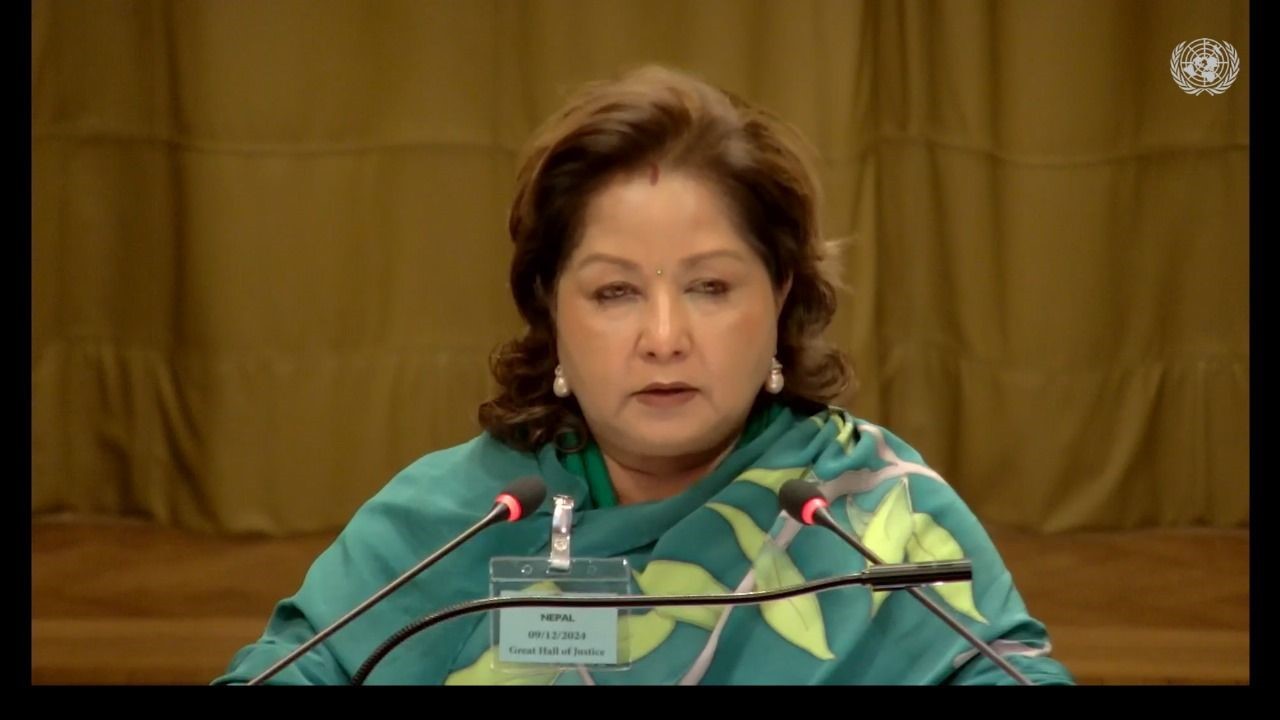
After Prime Minister KP Oli’s visit to China on December 5, speculation arose about his possible trip to India, though the timeline remained uncertain.
At the same time, Nepal's Foreign Minister Dr. Arzu Rana's recent visit to India attracted attention, particularly as she arrived directly in New Delhi from Europe. However, her reception was far from warm.
Dr. Rana participated in the Nepal-India Economic Conference held in New Delhi last Friday, organized by the Foundation for Economic and Welfare in collaboration with Kathmandu University.
The conference aimed to foster dialogue between leaders and investors from both countries.
In her speech, Dr. Rana underscored the long-standing relationship between Nepal and India, focusing on trade and commerce, and encouraged Indian investors to invest in Nepal, highlighting potential for mutual growth.
Despite the presence of Indian policymakers and investors, the reception remained notably subdued.
Indian leadership's reluctance to engage with the Nepalese delegation raised concerns about the state of bilateral relations.
High-ranking authorities, including Prime Minister Narendra Modi and Foreign Minister S. Jaishankar, avoided formal meetings with Minister Rana.
Sources suggest that India is hesitant to intervene in Nepal's internal matters, especially in light of ongoing political instability.
Broader geopolitical shifts and changes in alliances may have led to India adopting a more cautious approach.
Analysts believe that India is holding back from engaging with Nepal's current leadership due to uncertainties surrounding the political landscape in Nepal.
The lukewarm reception in Delhi signals growing diplomatic strain between the two neighboring countries.
India has shown little interest in the current political alliance led by Prime Minister Oli.
In 2079 BS, India had hoped for a stable relationship with the Nepali Congress and the Maoist Center, but the political environment in Nepal shifted unexpectedly.
Prime Minister Prachanda’s return to power, in alliance with the UML, led to the formation of a new political alignment.
Prime Minister Oli’s visit to China and Nepal's involvement in the Belt and Road Initiative (BRI) have further contributed to India’s growing dissatisfaction.
While Oli once maintained a close relationship with Indian Prime Minister Narendra Modi, sources indicate that India is now increasingly disillusioned with Oli’s dual approach.
While Oli made internal commitments, his foreign policy, particularly towards China, has raised concerns in New Delhi.
This inconsistency has strained bilateral relations, with short-term tensions overshadowing long-term diplomatic goals.
Amid these external challenges, Foreign Minister Dr. Rana faces mounting pressure, with Prime Minister Oli's visit to India still uncertain.
Oli now confronts multiple challenges both domestically and internationally. Internally, his party is divided, with calls for leadership changes and a new party statute.
Oli, however, is reluctant to relinquish his position, and some believe a new faction may soon emerge to challenge his leadership.
At the same time, his government's handling of the BRI and other issues has increasingly strained relations with the Nepali Congress, particularly its leader Sher Bahadur Deuba.
Externally, India remains cautious about Nepal's political shifts and continues to harbor concerns about the BRI agreement, which has created discontent among political circles.
Public dissatisfaction with the government is rising, with increasing criticism over corruption, the worsening economic crisis, and the lack of progress on key issues.
These challenges have made Prime Minister Oli’s position more vulnerable.
As Oli faces political setbacks, some of his remarks have raised eyebrows and are viewed as self-sabotaging.
His comparisons between current political alliances and past royal family formations have stirred controversy. Recently, Oli hinted at the need for a new coalition and criticized the existing government’s ineffectiveness.
These statements, coupled with his past political missteps, indicate growing uncertainty about his future.
The ongoing tensions within his party, along with increasing public discontent, cast doubt on how long Oli can maintain his grip on power.
Prime Minister Oli's political future is not only shaped by his relationship with India but also by internal dynamics within his party, particularly his relationship with Nepali Congress (NC) leader Sher Bahadur Deuba.
Deuba, often considered the "waiting prime minister," is carefully observing the political situation.
Deuba's strategy could evolve in two directions: he may continue waiting alongside Oli for the next 18 months, or he may decide to realign with other political forces sooner than expected, given the growing pressure.
This potential shift could stem from mounting dissatisfaction with Oli’s government.
Leaders within the Nepali Congress, such as Shekhar Koirala and General Secretary Gagan Kumar Thapa, have openly criticized Oli's administration.
Koirala, in particular, has highlighted the government's failure to implement commitments made in the 7-point agreement, signaling a possible shift in political alignments.



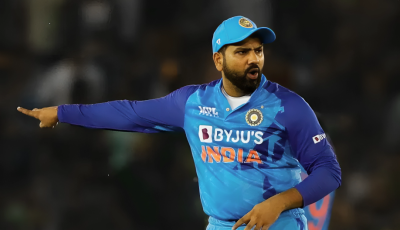
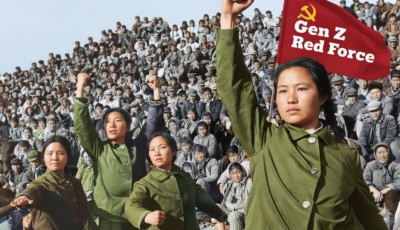
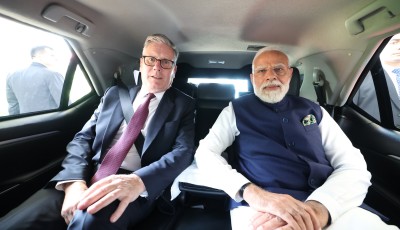


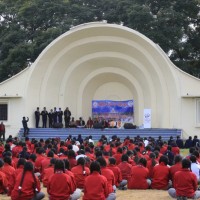

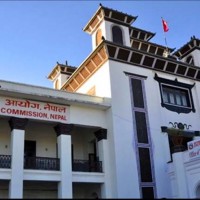

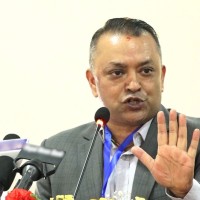
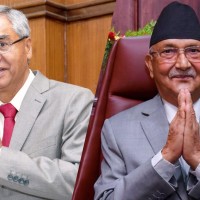
तपाईको प्रतिक्रिया दिनुहोस